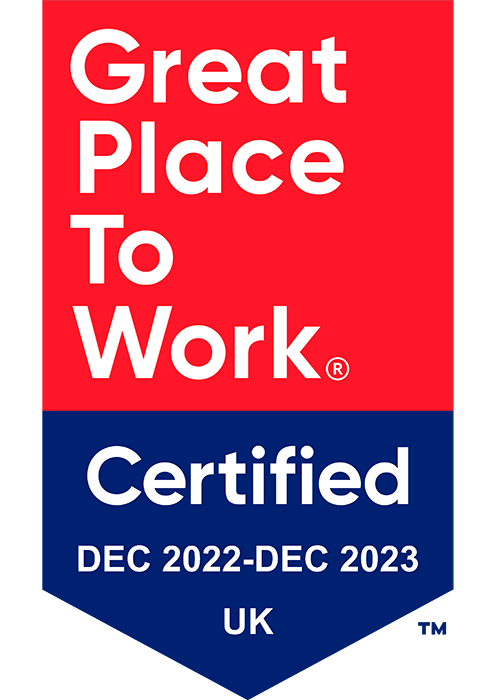Time to stay healthy for our Immune system…
It’s is too early in the research process to fully understand who is fully at risk with severe acute respiratory syndrome coronavirus 2 (SARS-CoV-2) which is the causative agent of the ongoing coronavirus disease 2019 (COVID-19) pandemic. Yes, the government has highlighted the vulnerable are more at risk of dying, but no one has established who maybe asymptomatic, and those who will contract the disease. But until then, we should be doing as much as possible to stay healthy improve your immune system, if not for our bodies, but for our minds.
So what is the immune system?
The immune system is your body’s natural defence system. It is an intricate network of cells, tissues, and organs that band together to defend your body against invaders. Those invaders can include bacteria, viruses, parasites, even a fungus, all with the potential to make us sick. They are everywhere – in our homes, offices, and gardens. A healthy immune system protects us by first creating a barrier that stops those invaders, or antigens, from entering the body. And if one slips by the barrier, the immune system produces white blood cells, and other chemicals and proteins that attack and destroy these foreign substances. They try to find the antigen and get rid of it before it can reproduce. Failing that, the immune system revs up even more to destroy the invaders as they multiply.
So, what can we do?
Firstly, as stressful as times are, try and control the controllable, and try not to worry about the things you cannot, and one thing you can control is the amount of sleep you get.
You may have noticed you’re more likely to catch a cold or other infection when you’re not getting enough sleep. Studies have shown that well-rested people who received the flu vaccine developed stronger protection against the illness.
Not getting enough sleep can lead to higher levels of a stress hormone. It may also lead to more inflammation in your body.
Although researchers aren’t exactly sure how sleep boosts the immune system, it’s clear that getting enough – usually 7 to 9 hours for an adult – is key for good health.
Exercise is a simple way to rev up your defence system. It can also ease stress and make you less likely to get osteoporosis, heart disease, and certain types of cancer. You will get the most bang for your workout buck if you do about half an hour a day. It does not have to be hard-core. Any type of movement can help, in fact the government are encouraging it. So perhaps ride a bike, walk, do yoga, or even an online hit class.
Next,
Avoid eating and drinking too many sugars as these curb immune system cells that attack bacteria. This effect lasts for at least a few hours after downing a couple of sugary drinks.
Optimum nutrition is not just about what you eat, it is also about what you don’t eat. Quite worryingly in the last 70 years over 3500 man-made chemicals have found their way into our diet via processed and manufactured foods, along with pesticides, antibiotics and hormone residues into our staple foods such as grains and meat, which coincidently makes up the highest percentage in the governments eat well plate.
Ironically, to avoid this, we are now charged more money for organically grown foods, and grass-fed animals. That is correct, you are charged more money, for nature to occur naturally.
Gone are the days when healthy eating incorporated a simple balance of nutrients within your diet. Now, it is an equally important part of the equation to avoid harmful chemicals and protecting yourself of the ones that cannot be avoided. All these chemicals we are now consuming are labelled as anti-nutrients, which basically block your body absorbing minerals and vitamins into the body, and exactly why we are now seeing a return of rickets decades after we eradicated it.
According to research we are getting through a staggering quarter of a million tons of food chemicals, add that to the six billion alcoholic drinks, 75 billion cigarettes, 80 million prescriptions, in addition to the 50,000 chemicals which are released into the atmosphere which can give an understanding of why cancer rates are rising.
Quite worryingly, research has highlighted that many of today’s diseases are caused by an excess of anti-nutrients as well as by a deficiency of nutrients. For example, three quarters of today’s cancers are associated with anti-nutrients which either constitutes of cancer-causing chemicals or free radicals from smoking.
So, what else can we do to improve our immune system?
Well briefly apart from the obvious of quitting smoking, reducing alcohol, and buying fresh organic produce, we just need to make sure we control exactly what we eat, and try and ensure we avoid the foods that requires more nutrients for the body to make more use of it than the food itself provides.
An example of this would be your popular cereals that state they are fortified with vitamins and minerals, which basically is the government’s requirement for them to make it on your shelves.
Eat more fruits and vegetables, which are rich in nutrients like vitamins C and E, plus beta-carotene and zinc. Go for a wide variety of brightly coloured fruits and vegetables, including berries, citrus fruits, kiwi, apples, red grapes, kale, onions, spinach, sweet potatoes, and carrots. Increasing our Vitamin C intake to help detoxify free-radicals and anti-nutrients. Based on a study from the Medical College of Wisconsin it has highlights that a heavy drinker would need to take 6 times the RDA (500mg) of vitamin C to equal the blood levels of a non-drinker, 4 times as much (200mg) for a smoker over a non-smoker, and up to 1,000mg a day to detoxify the daily intake of exhaust fumes if you live in a city environment.


